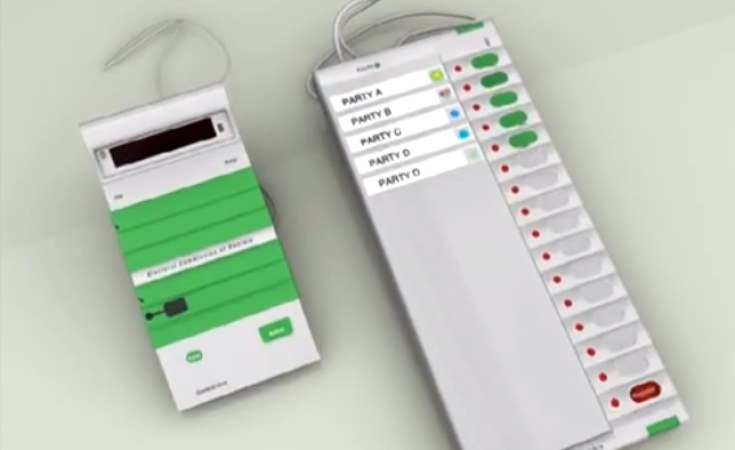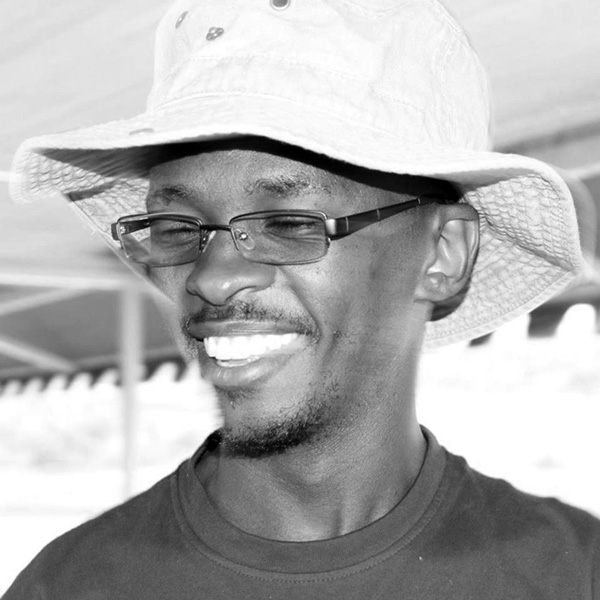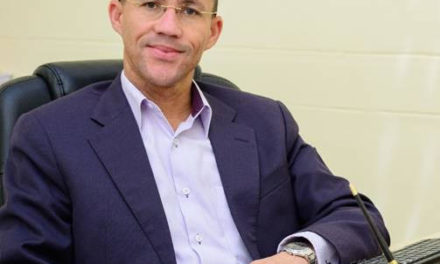
Poll challenge likely to fail, but EVMs still an issue

By Gary Van Staden
Oxford Economics.
Judgement on the opposition challenge to the outcome of presidential elections in Namibia last November will be delivered in early February, the Supreme Court announced at the weekend (18-19 January).
Also expected is ruling over the use of electronic voting machines (EVMs) without verifiable paper trails. Regional observers believe the case regarding the conditions for the use of EVMs is fairly compelling but that the rerun of the presidential poll is highly unlikely.
Chief Justice Peter Shivute said the court will deliver judgement on 6 February on the application by five presidential candidates to have the presidential poll annulled. The five, independent candidate Panduleni Itula, Henk Mudge of the Republican Party, Eplaphras Mukwiilongo of the Namibia Economic Freedom Fighters, Ignatius Shixwameni of the All People’s Party and Mike Kavekotora of the Rally for Democracy and Progress, claimed in court papers that the presidential election was rigged in favour of SWAPO’s Hage Geingob, the incumbent.
The applicants want the presidential pool rerun as soon as possible and claimed that some of the irregularities were as a result of the use of EVMs. The election in November 2019 saw Geingob receive 464 703 votes, Itula 242 657, Mudge 4 379, Kavekotora 3 515, Shixwameni 3 304 and Mukwiilongo 1 026.
Namibia becomes the fourth Southern Africa Development Community (SADC) member state in the past year to challenge the outcome of elections, joining Malawi, Botswana and Mozambique in legal objections to election results where allegations of fraud and vote rigging were made by opposition parties and candidates.
In Malawi, Botswana and Namibia the challenges went to a hearing, in Botswana’s case, only on appeal aginst a lower court decision to reject the application. Mozambican courts rejected the challenges outright and in the other cases judgements and rulings are still expected.
A canvas of informed opinion regarding the Namibian applications suggests the Supreme Court may have some sympathy with concerns regarding the use of EVMs without any paper trail backup to verify the results.
That would seem to be a minimum safeguard, particularly in light of the fact that the Independent Electoral Commission acknowledged that some of the EVMs had ‘gone missing’ before the election. However, despite these reservations, the prospect of a rerun presidential election appears remote, especially given the extent of the SWAPO victory.
In Malawi, where incumbent Peter Mutharika won by fewer than 160 000 votes in a pool of five million, the allegations of rigging were plausible. Where the difference exceeding 200,000 in a pool of just over 700,000, evidence supporting allegations of rigging become far more demanding. We expect the outcome of the presidential elections to stand.












































